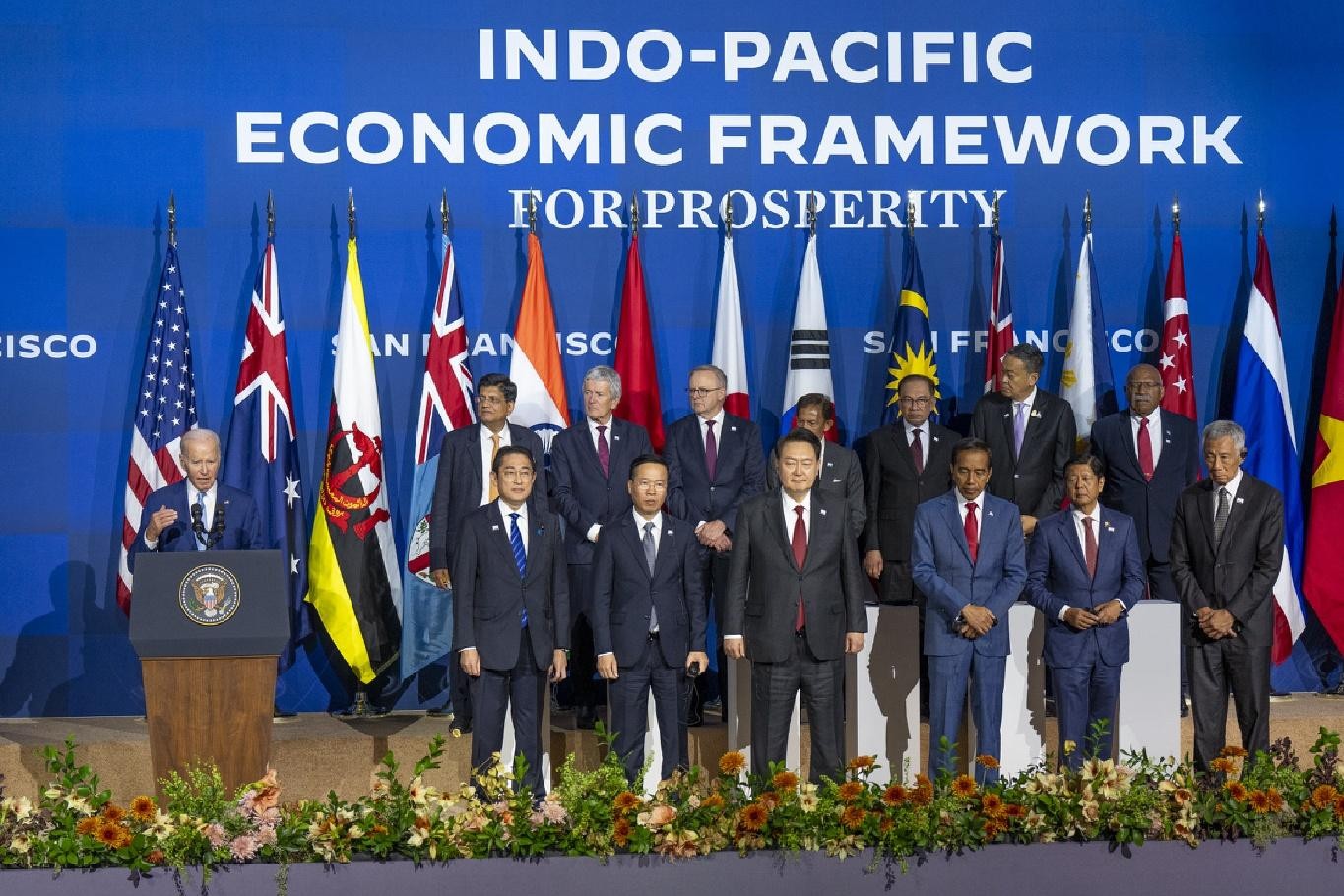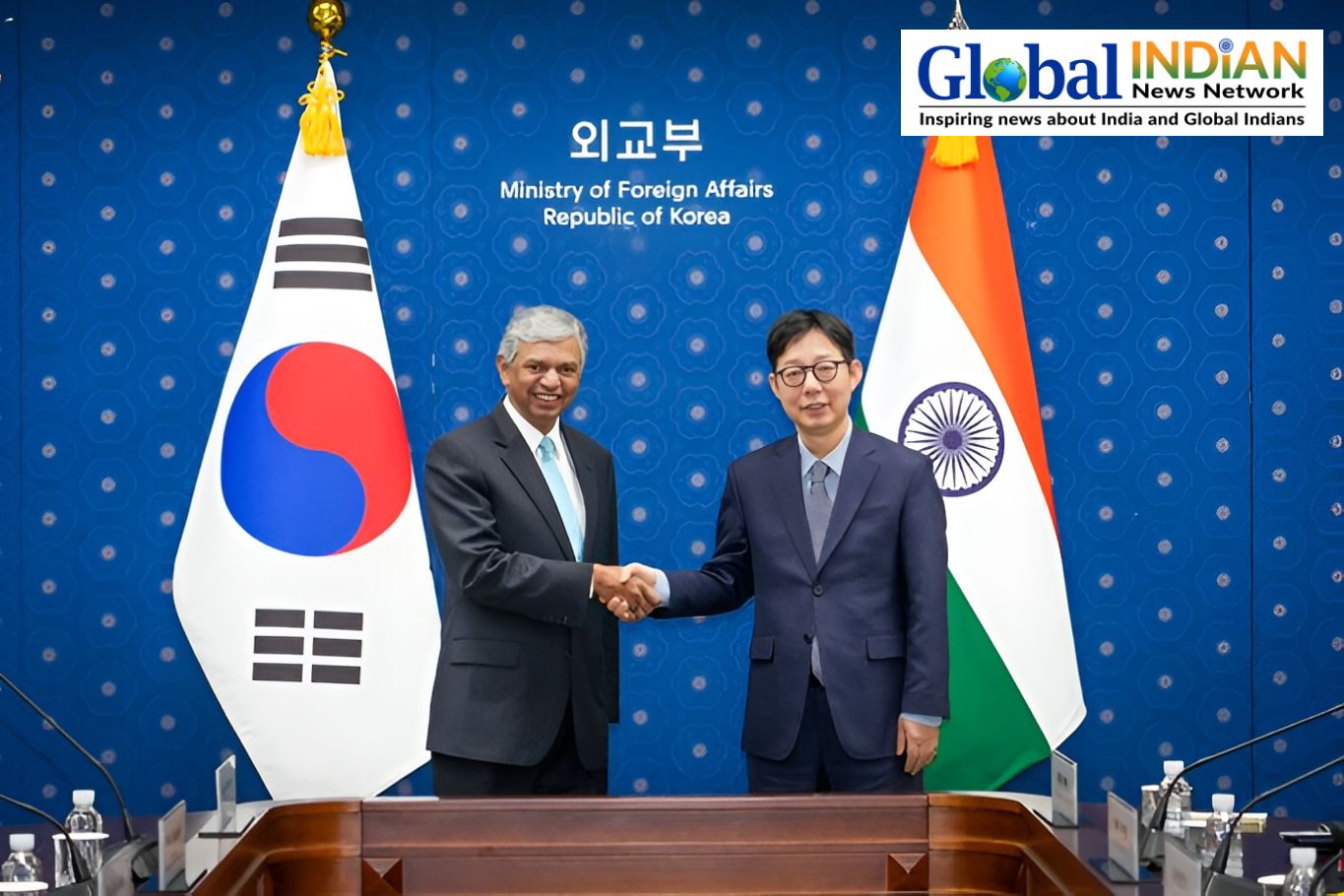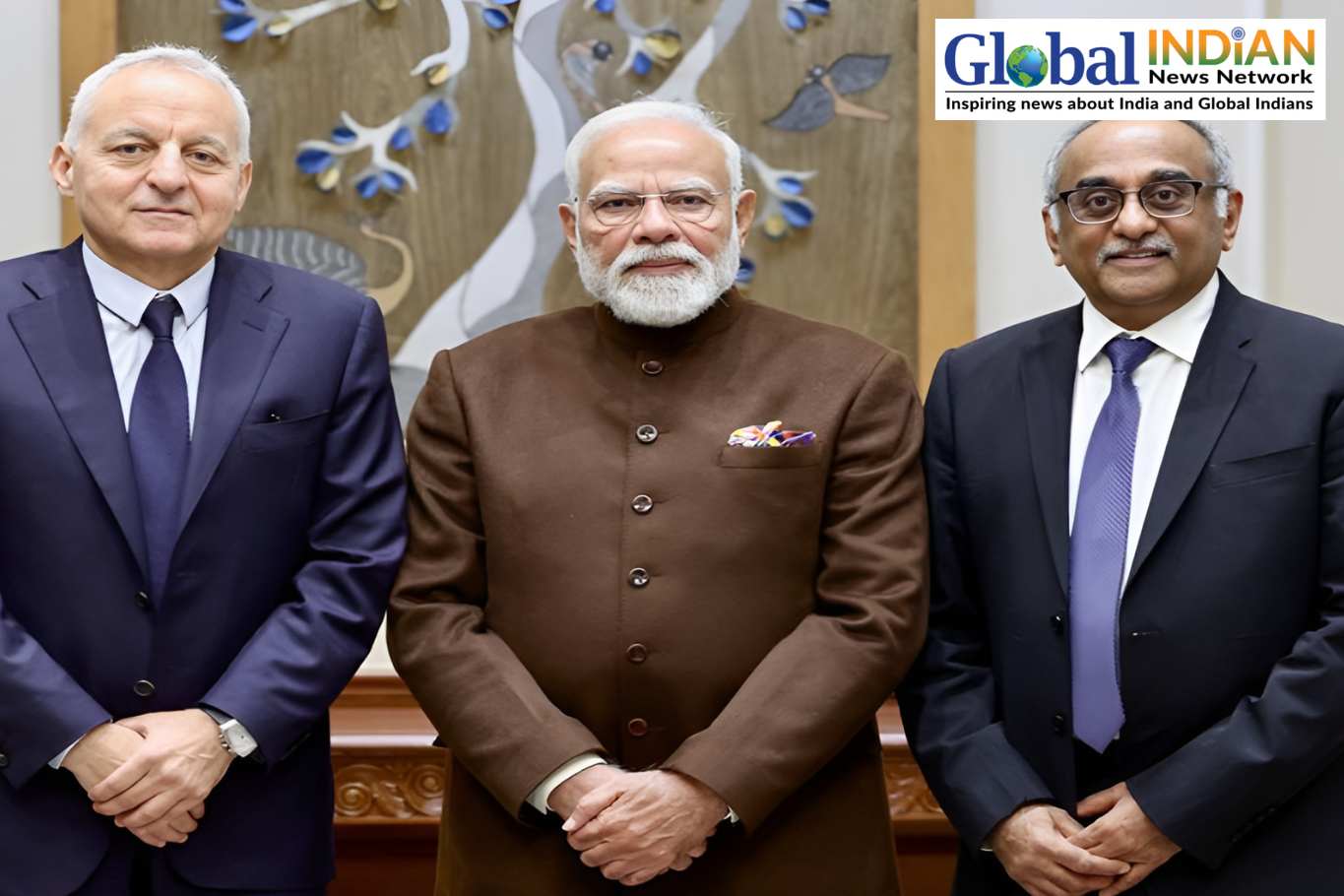
India, along with 13 other partners of the Indo-Pacific Economic Framework (IPEF), has inaugurated three essential bodies to boost supply chain resilience. This initiative, outlined in the IPEF Agreement, marks a pivotal moment in enhancing regional supply chain stability.
The Ministry of Commerce and Industry reported that the initial virtual meetings of the Supply Chain Council (SCC), Crisis Response Network (CRN), and Labor Rights Advisory Board (LRAB) are significant milestones in fostering cooperation among member nations. These bodies aim to reinforce supply chain resilience and competitiveness.
In their first meetings, the 14 IPEF partners reaffirmed their dedication to improving supply chain robustness and addressing potential disruptions. Their unified objective is to safeguard economic prosperity while promoting labor rights.
The IPEF Supply Chain Resilience Agreement, a groundbreaking initiative signed in November 2023 in Washington D.C. by Union Minister Piyush Goyal and other IPEF ministers, is designed to strengthen and integrate supply chains across the Indo-Pacific. Ratified in February 2024, this agreement has been operational since then.
Minister Goyal has previously highlighted India’s role in global production, offering diversification prospects for IPEF partners. At the June 2024 IPEF Ministerial meeting in Singapore, Secretary Sunil Barthwal emphasized India’s goal to become a major player in the global supply chain, leveraging its skilled workforce, resources, and supportive policies.
In alignment with the Supply Chain Agreement, the new bodies—the Supply Chain Council, Crisis Response Network, and Labor Rights Advisory Board—will each play a crucial role. The Supply Chain Council will focus on critical areas like national security and public health. The Crisis Response Network will coordinate emergency responses to disruptions, while the Labor Rights Advisory Board will work to enhance labor rights and workforce development.
The Indian government is actively working to embed India within diverse and reliable supply chains, stressing the need for collaboration in skill development and addressing critical sectors.
During the meetings, the bodies elected leadership for two-year terms: the Supply Chain Council appointed the USA as Chair and India as Vice Chair, the Crisis Response Network chose the Republic of Korea as Chair and Japan as Vice Chair, and the Labor Rights Advisory Board selected the USA as Chair and Fiji as Vice Chair.
The Supply Chain Council is set to outline its priorities during its inaugural in-person meeting in Washington D.C. in September 2024, which will take place alongside the Supply Chain Summit. Meanwhile, the Crisis Response Network will focus on addressing both short-term and long-term objectives, including conducting a tabletop exercise. The Labor Rights Advisory Board will focus on enhancing labor rights and reviewing labor provisions in the IPEF’s Clean Economy and Fair Economy Agreements.
Initiated on May 23, 2022, in Tokyo, Japan, the Indo-Pacific Economic Framework (IPEF) includes 14 nations: the USA, Australia, Brunei, Fiji, India, Indonesia, Japan, Malaysia, New Zealand, the Philippines, Singapore, South Korea, Thailand, and Vietnam. The framework’s four pillars—Trade, Supply Chain Resilience, Clean Economy, and Fair Economy—aim to drive regional growth, stability, and prosperity. India participates in Pillars II to IV and holds observer status in Pillar I.









